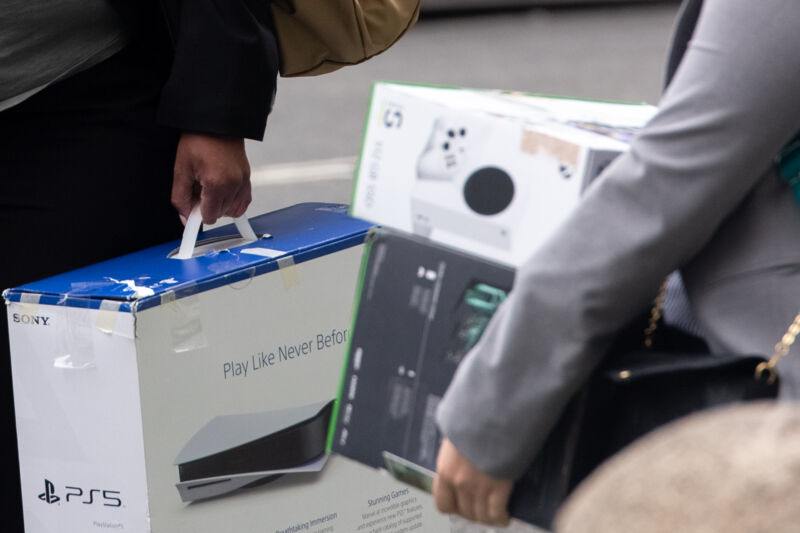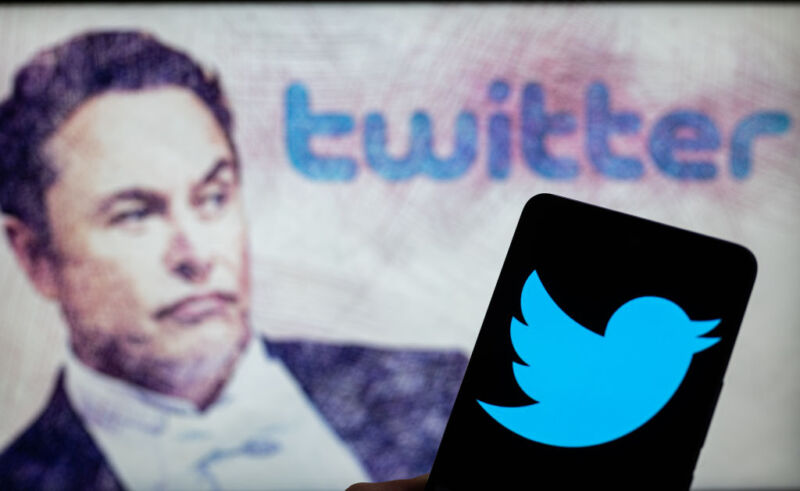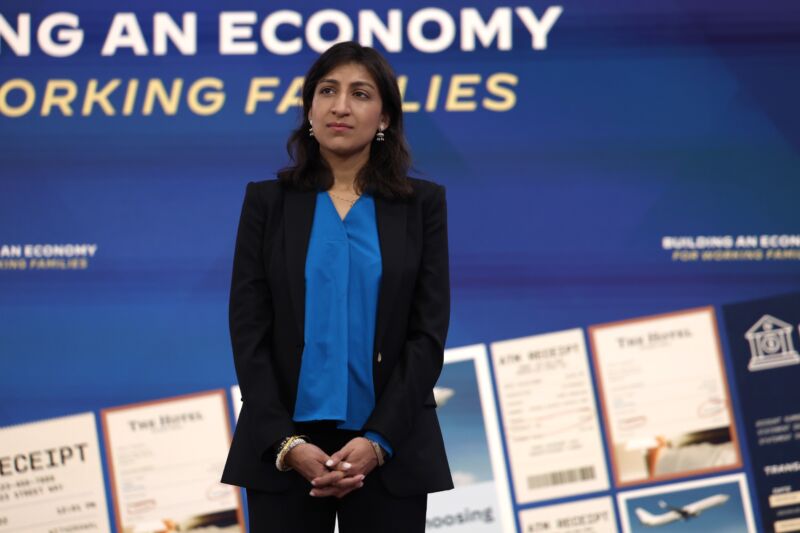-
 chevron_right
chevron_right
FTC judge rules Intuit broke law, must stop advertising TurboTax as “free”
news.movim.eu / ArsTechnica · Friday, 8 September, 2023 - 20:59

Enlarge (credit: Getty Images | Sasirin Pamai)
The Federal Trade Commission's chief administrative law judge ruled that Intuit violated US law with deceptive advertising and should be forced to stop promoting TurboTax as "free" unless all conditions imposed on the free offer are immediately and conspicuously displayed to consumers.
The initial decision by Administrative Law Judge D. Michael Chappell was released today and is subject to an automatic review by the full commission. The FTC commissioners will likely rule against Intuit, which issued a statement indicating that it will take the matter to federal court. The order would be in effect for 20 years if it survives appeal.
The response from Intuit noted that the administrative law judge is "an employee of the FTC" and "ruled in favor of the FTC in the agency's own lawsuit." The FTC filed an administrative complaint against Intuit in March 2022.









